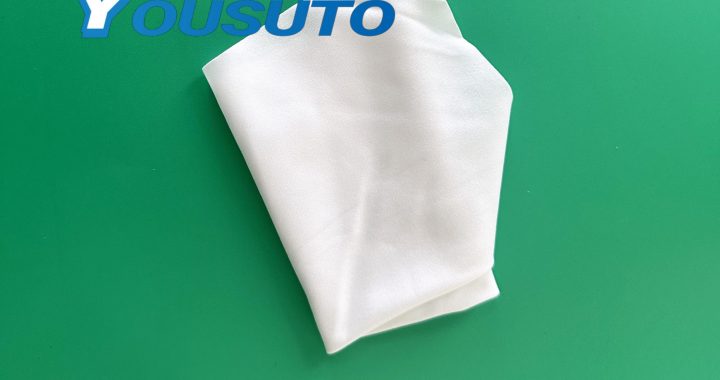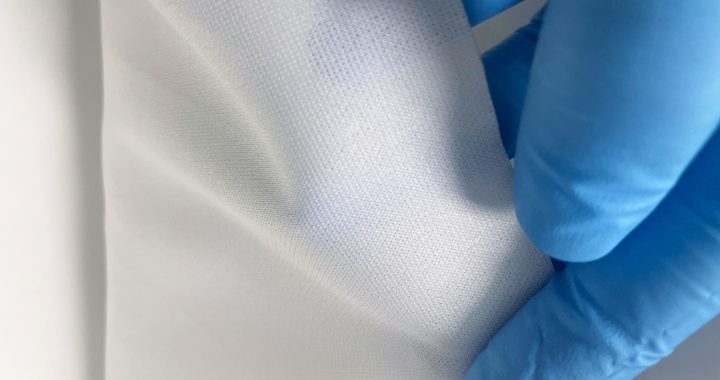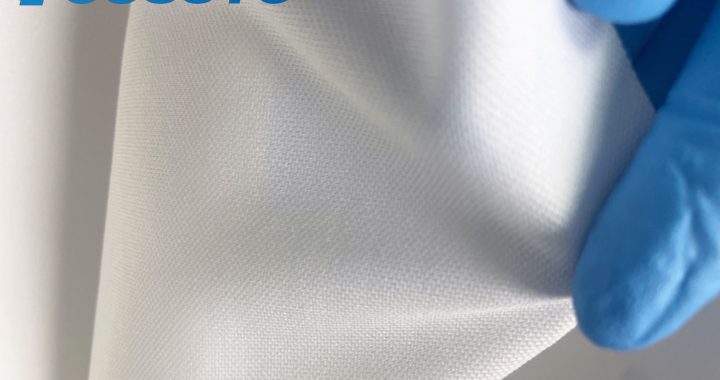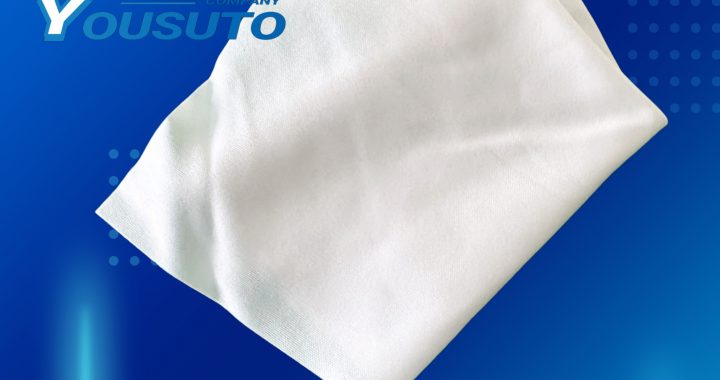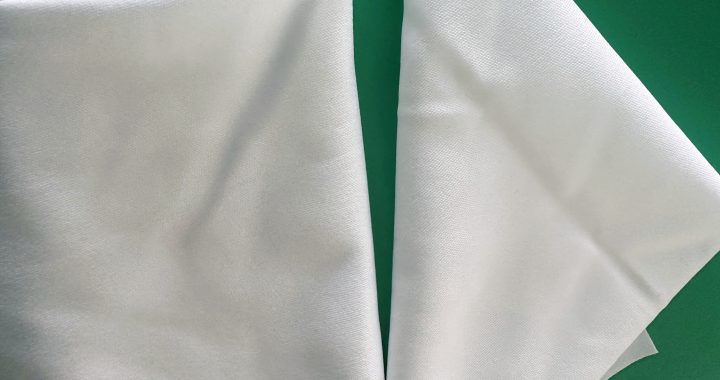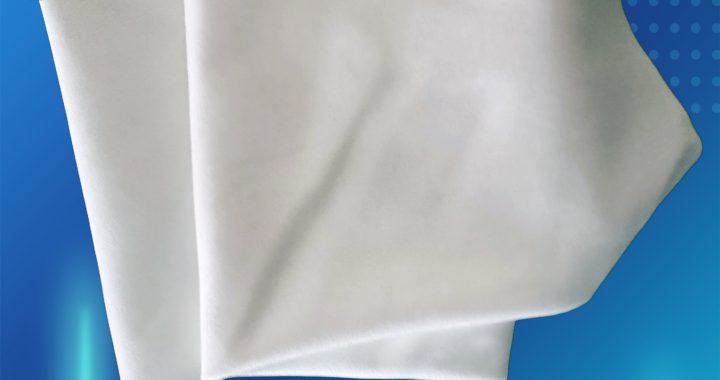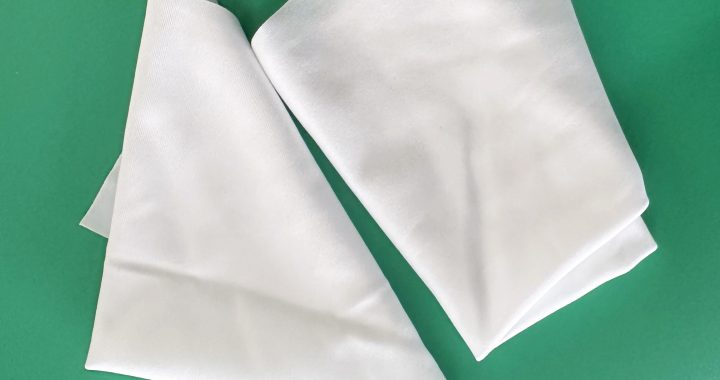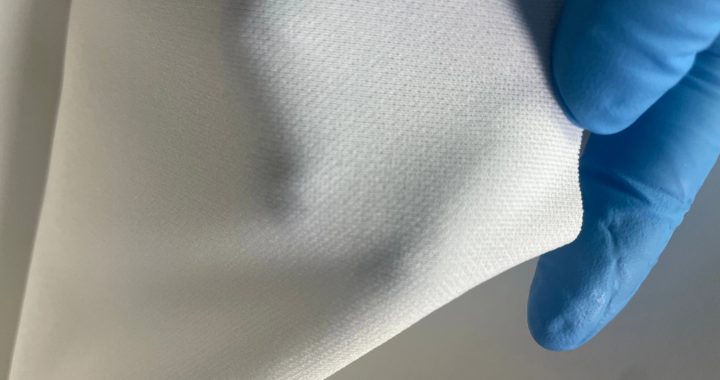Enhancing the liquid absorption and durability of anti-static cleanroom wipes is critical for efficient cleaning in laboratories, electronics, and precision maintenance. By utilizing high-density, ultra-fine fibers and reinforced edge construction, wipes achieve superior solvent uptake and retention, allowing rapid removal of dust, oils, flux residues, and microscopic contaminants. Structural improvements prevent tearing and fraying during intensive use, maintaining consistent performance. Lint-free and anti-static properties protect sensitive surfaces from electrostatic discharge (ESD). This case demonstrates improved workflow efficiency, reduced waste, and compliance with Class 100–1000 cleanroom standards while maintaining precision and safety.
Key Features:
-
High-density, ultra-fine fibers for superior liquid absorption
-
Reinforced edges for enhanced durability
-
Lint-free and anti-static to prevent ESD damage
-
Efficient removal of dust, oils, and microscopic residues
Application Scope:
-
Laboratory instruments and precision devices
-
PCB cleaning and electronics assembly
-
Optical components and semiconductor equipment
-
Cleanroom surfaces and industrial precision tools
